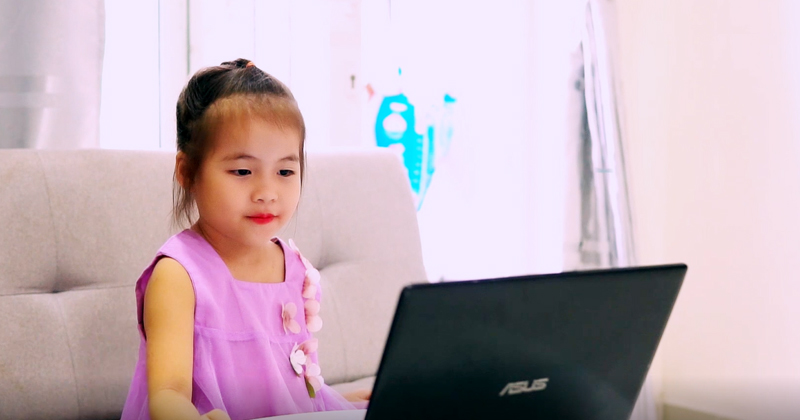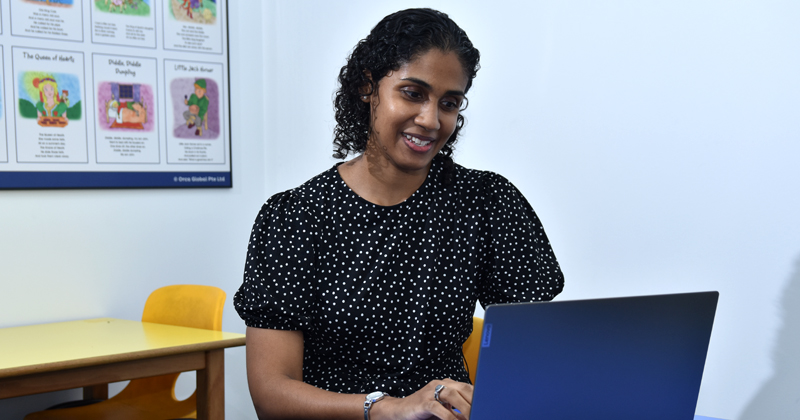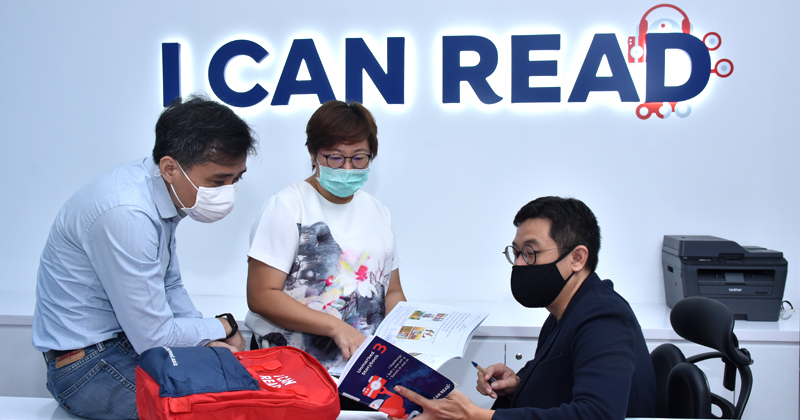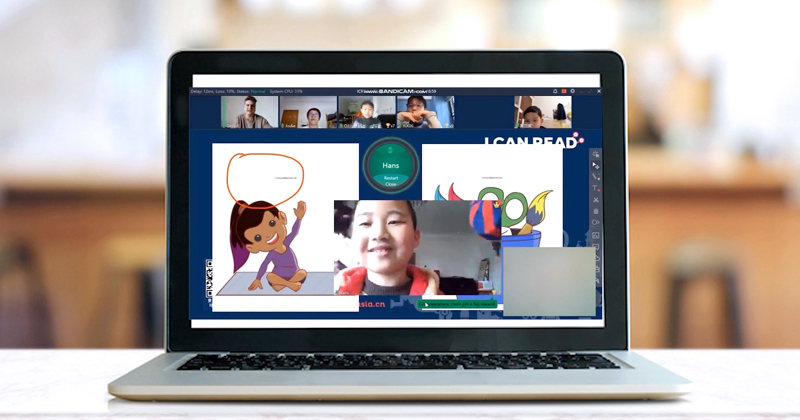First published in The Straits Times on 23 September 2020.

Ask any student in Singapore what school life has been like these past few months and they’ll likely mention video classes, computer-aided lessons and other virtual tools and platforms.
Online learning is here to stay, even as students of all levels returned to brick-and-mortar classrooms and learning centres after months of home-based learning earlier this year.
The shift to blended learning — a mix of e-learning and face-to-face teaching — among schools and enrichment centres has opened portals to growth opportunities for homegrown enrichment provider I Can Read (ICR).
Set up in 2000, the firm provides English language training for teachers and literacy courses for pupils from 2.5 to 12 years old. It began developing online resources and platforms for teachers and students in 2018 and now operates in 13 markets across Asia and the Middle East.
“We’ve been working on ways to deliver our training programmes and curriculum online for some time, but getting schools and parents to accept e-learning, especially for young kids, was difficult,” said ICR chief executive Chan Huang Yee.
“The Covid-19 crisis has changed that,” added the 47-year-old.

Beyond the four walls of classrooms
The decision to go online follows the company’s move to license its curriculum to other schools in 2018.
Previously, it only trained teachers and taught students at its 24 physical centres in Singapore. Since licensing its curriculum, ICR has built a network of more than 160 centres and partner schools.
“With the expansion into licensing, we were looking at how to train teachers in huge numbers — including those not in Singapore. That’s how we came up with ICR University (ICRU), our online training programme for teachers,” said executive director Tan Aik Ping, 48.
Launched last October, the programme provides English teachers with online lessons, quizzes to test their mastery of modules and training to develop lesson plans based on the ICR curriculum.
After completing the classes, they attend video meetings with ICR trainers on Zoom, Google Meet and other third-party platforms to practise their lessons, demonstrate how they would interact with students and receive feedback.
The ICRU programme has trained 150 teachers to date.

Digitising classroom learning
When the spread of Covid-19 forced nations to close schools and implement virtual classes, ICR saw another business opening.
It began digitising physical teaching resources, such as flashcards, workbooks, activities and games, for teachers to create interactive online lessons on teaching platforms, like ClassIn.
“Hong Kong, China and Vietnam were the first markets that we operated in that shut their schools at the end of February,” said Ms Chan.
“We immediately started to think about how we could digitise our offline games and activities, redesign our learning pathways and change our training processes.”

That early pivot stood the firm in good stead when other nations, including Singapore, subsequently closed schools.
ICR Online, an online subscription service with a variety of online English lessons for primary school students, made its debut in April. It has been offered to more than 1,100 students in Singapore.
The company plans to launch this subscription service to students in the 12 other markets it operates in too.
A full version of its ICR Champs mobile app, which offers gamified English lessons, will launch next January. It is currently testing a limited version of the app in China.
“We wanted to create an e-learning tool that is a lot more engaging for students. When we looked at what was on the market, we found that most gamified apps had weak pedagogy, and most e-learning apps were quite boring, so we decided to make our own,” Mr Tan explained.

Closing gaps in distance learning
In the early days of starting the business, ICR needed to set up a physical centre or fly their instructors to overseas partner schools to train teachers.
With its investment in digital tools and platforms, the business is now able to operate online fully in Oman and Hong Kong.
Enterprise Singapore (EnterpriseSG) supported the company’s overseas market expansion plans through the Enterprise Development Grant, which went into developing its franchise programme and upgrading management processes.
EnterpriseSG also helped the company to drive business efficiency and productivity with an online platform that enables its headquarters in Singapore to monitor the performance of centres in other markets in real time.
ICR hopes to bring its remote e-learning approach to other countries like India next.
“The Covid-19 situation has made many countries much more receptive to e-learning,” said Ms Chan.
“In the last few months, schools in countries as far as Brazil have contacted us to set up online classes for students. There are huge markets that are now open to us because distance is no longer an issue with our ICRU and ICR Online platforms.”
The firm’s online offerings now make up 7 per cent of its revenue. It hopes to grow this to 30 per cent in the next three years.
With online learning, ‘the sky’s the limit’
I Can Read (ICR) has amassed a pool of teachers who conduct lessons remotely from the United States, Taiwan, Canada, South Africa and Singapore for students in its other Asian markets.
“This was out of necessity. Some of our foreign teachers went home and couldn’t return due to travel lockdowns, but we intend to continue this,” said executive director Ngo Tong Yong.
Ms Dawn Nair, an ICR professional development executive who trains teachers in the region virtually from Singapore, said the firm has fine-tuned the online training process to a tee.
“You want to make sure the lessons have plenty of interactive elements, whether that’s having different types of questions or requiring the children to use their mouse to move things around,” said the 40-year-old Singaporean.
CEO Chan Huang Yee stressed that the company’s digital transformation is a powerful new engine for growth. “If we can tap our existing brick and mortar centres and partner schools to deliver e-learning content to existing and new students and reach out to new markets, the sky's the limit.”


